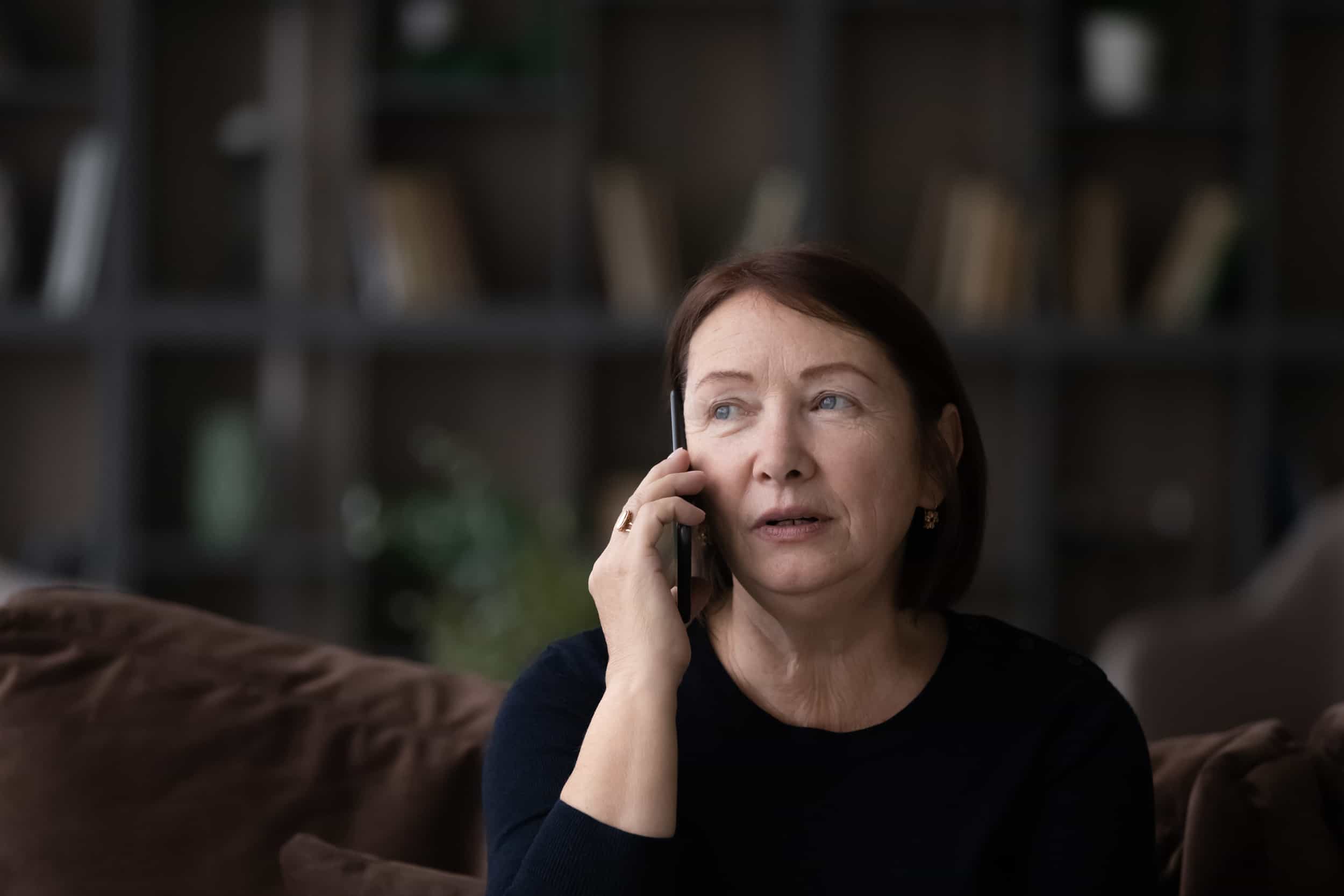
Recommendations for action by professionals
Recognise signals, save lives
Recognising suicidal tendencies in everyday working life
Many professions come into contact with large groups and many different people in their daily work. Whether as a teacher with several classes, as a nurse or doctor in a hospital ward or as a football coach in a club. Social workers and psychologists are in a similar position.
These psychosocial, educational, medical and nursing jobs require a great deal of responsibility and your full attention every day. This can be exhausting.
We want to help you recognise possible warning signs of suicidal tendencies early on and give you some recommendations for action. These can help you to interact with affected persons respectfully and at eye level.
You can find comprehensive information on causes, warning signs and myths about suicide under Recognising suicidal tendencies. The information is also relevant for professionals.
In addition, psychologist Marcel Kruse summarises the most important steps in a tutorial: How do I as a (psychosocial) professional recognise suicidality and how do I then proceed?
Suicidality in children and adolescents
The developmental phase in which children become adults is a challenging time. Body and psyche are changing and important decisions have to be made all the time: Who am I? Who do I want to be? Who do I want to spend time with?
Excessive demands, insecurity and self-esteem problems can arise.
The latest data shows that suicide is the second most frequent cause of death among young people aged between 1 and 29. It is therefore important to take children, adolescents and young adults with their crises and warning signs first.
There is no clear trigger for crises and even something that seems surmountable for adults can be the straw that breaks the camel’s back for adolescents. Suicide may appear to be the only solution in such a situation. Possible warning signs of suicidality in children and adolescents are:
- Verbal and non-verbal expressions such as direct and indirect statements or painted symbols.
- Physical conspicuousness such as changes in eating habits or self-injurious behaviour.
- Conspicuous behaviour such as changes in performance, behavioural changes or playing truant from school
- Acute signals such as a previous suicide attempt, self-destructive behaviour, expressions of suicidal intent, suicide notes or practical preparations for suicide
Seek support
If you notice such warning signs, you should become active and seek a calm conversation. The main thing is to talk about your concerns, to listen, to ask specifically about suicidal thoughts or plans and to provide relief. Offering ready-made solutions, on the other hand, is not very helpful. In this conversation, possibilities of other contact and support options can also be discussed, such as school psychologists, liaison teachers or counselling centres for young people.
In every Berlin district there is also a “Schulpsychologische und Inklusionspädagogische Beratungs- und Unterstützungszentren” (SIBUZ). Students, parents and school staff can go there with questions about dealing with crises. If you suspect or know that a child is having suicidal thoughts, but you don’t know how to proceed: don’t stay alone and get support from experts.
Suicidality in old and sick people
With increasing age, suicide rates also rise and some factors have an influence on suicidality in old age. In addition to mental and physical illnesses, the decline in mobility and performance, isolation and critical life events such as retirement or experiences of loss often play an important role. A lack of stabilising, meaningful factors can also contribute to a suicidal crisis.
Basically, the same aspects apply to elderly people as to all people in suicidal crises: address concerns and observations, ask specific questions, listen and relieve. However, it is often observed that elderly people play down or deny their suicidal ideation out of feelings of shame or guilt.
Especially for very isolated people, contact with caregivers or family doctors is important in order to recognise suicidal crises at an early stage. If you have a suspicion of suicide, you should definitely ask. In addition to the general warning signs, warning signs can also include neglect of hygiene, nutrition or taking medication.
In the case of non-acute suicidal tendencies, it is advisable to work with the patient to remove available suicide means and to strengthen social integration and the connection to age-appropriate support services. Crisis intervention offers as well as offers that reduce the specific stress factors, such as outpatient care or counselling, are relevant as offers of help.
Recommendation for action : Start a conversation
Whether it’s a friend, parent, sports coach, nurse or social worker, the most important step is to start a conversation and ask specific questions. The best way to do this is explained in detail on the page “Talking about it”.
Training on dealing with suicidal tendencies
Suddenly being confronted with suicidality at work can be unsettling. Therefore, it is important to get further training on this topic. Ideally, this should be done on a regular basis in order to gain more confidence in dealing with the situation. Training is available from various providers and for different target groups: e.g. for psychotherapists, staff in counselling or care services or for teachers and other educators.
Providers of such workshops include academies such as the neuhland Akademie, projects such as [AUSWEG]LOS or independent offers such as Nora Fieling. There are also various providers who offer Mental Health First Aid courses.
Because you are valuable
You stand up for other people, offer them help and provide support. You listen, give advice, teach content and skills. You and your professional activity are a blessing for our social togetherness.
But it is important that you set boundaries and advocate for your own needs. So if you need support, please don’t be afraid to ask for help.
Suicidal thoughts – even if they are not in your head – are stressful and draining. If you want to talk to someone about your experience, you can always turn to different support services.
Because you can only provide help if you have the strength to do so yourself.





